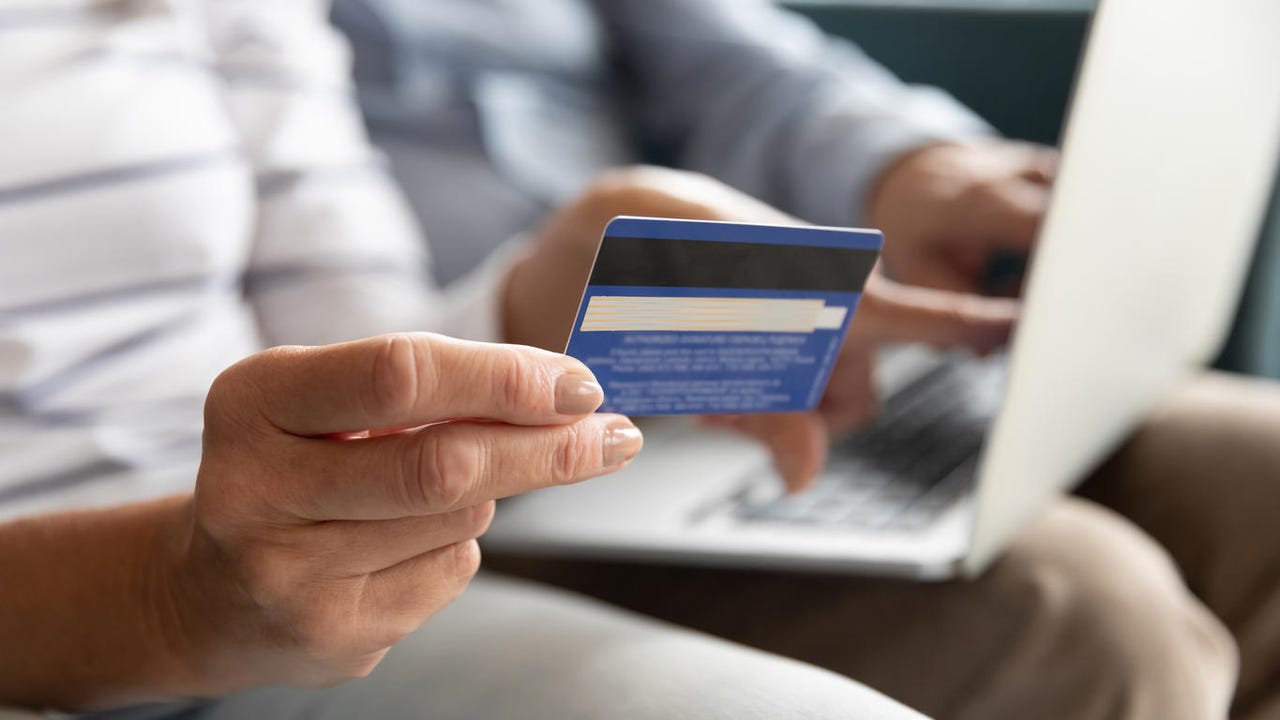































 Getty Images/iStockphoto
Getty Images/iStockphoto There's nothing quite like the sinking feeling in your stomach when you discover that someone has stolen your credit card information and begun using it online. Eventually, that feeling of astonishment is replaced by a seemingly endless series of steps as you try to recover from the damage. At a minimum, you have to get the compromised card replaced and then change all your online payments.
Is there a way to minimize the risk that this will happen again?
For starters, realize that you probably have protections under existing laws. For cardholders in the United States, provisions in the Fair Credit Billing Act mean your actual losses are limited to$50, provided you notify the card issuer as soon as you become aware of any theft or unauthorized use. Most card issuers have fraud detection capabilities that will alert you immediately in the event of a suspicious transaction and protect you from any loss.
One important caveat here: These fraud protections do not apply to debit cards, even if the card has the logo of a major credit card issuer. The Electronic Fund Transfer Act offers similar protections if you report an unauthorized transaction within 48 hours, but after that you're on the hook for$500 in losses, and the limit vanishes completely if a fraud goes unreported for 60 days. (For details, see this FTC page: "Lost or Stolen Credit, ATM, and Debit Cards."
Even with those protections, there's always a risk with any online transaction. Here's how to minimize your risk.
In addition to all that, be sure to install the mobile app for your credit card and turn on notifications. That way, in the unlikely event your card is compromised, you'll know immediately and can use the app to temporarily disable the card while you contact the issuer for help.
 Горячие метки:
Дом и офис
Трудовая деятельность
Горячие метки:
Дом и офис
Трудовая деятельность